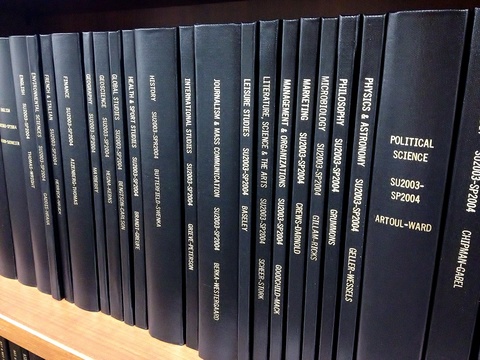All students should be compensated and recognized for their research.
Information on how to register your research- click here
Some students feel experience is enough compensation. Others prefer to be paid. Many students do research for academic credit. This page guides you through your options.
Being a student is expensive.
For many students, volunteering or getting course credit may not be a viable option. This often creates issues of inequity for very valuable experiential learning opportunities. Not all research positions are able to offer financial compensation. If you are a student who needs financial compensation in a research experience where no funding is available, ask your mentor if they are willing to help you find your own funding. Here are some funds available to UI students:
- OUR Fellowship Program - Small Fellowship stipends awarded to research and creative scholarship projects in all disciplines between students and mentors.
- Dewey Stuit Fund for Undergraduate Research For students in the College of Liberal Arts and Sciences.
- John and Elsie Mae Ferentz Undergraduate Research Fund For students in the College of Liberal Arts and Sciences.
- Student Impact Grants allow UI students in any discipline to pursue opportunities outside of the classroom.
- Hawkeye Experience Grant For unpaid summer internships and research experiences
- Iowa Sciences Academy provides a collection of programs for College of Liberal Arts and Sciences students to get support in primarily STEM fields.
Follow OUR's Newsletter "OUR Updates" for scholarship and funding opportunities that we hear about.
Research Courses
Departmental Courses
Many departments offer research/creative study courses for majors. Talk to an academic advisor to determine the appropriate course.
OUR Independent Study Courses
OUR offers research courses each semester, available for registration through MyUI. Students and mentors should agree on an appropriate number of credit hours and grading expectations prior to registration.
- Note: According to University of Iowa Guidelines, 1 semester hour of credit is equal to approximately three hours of research work per week. Please register accordingly.
URES:3991 is a 0-semester hour academic year course evaluated R/W (Registered/Withdrawn) and does not affect GPA. This course provides transcript verification of a student's participation in research during the semester.
URES:3992 is a 0-semester hour summer course evaluated R/W (Registered/Withdrawn) and does not affect GPA. This course provides transcript verification of a student's participation in research during the semester.
Students should register for URES:3991 or URES:3992 if they:
- Are paid.
- Are volunteering in a research position.
- Do not want to accrue extra tuition costs or fees (i.e. Summer semesters).
URES:3993 can be taken for 1-4 semester hours, meaning extra tuition and fees may be applicable where appropriate. This course is graded S/U (Satisfactory/Unsatisfactory) and does not affect GPA.
URES:3994 can be taken for 1-4 semester hours, meaning extra tuition and fees may be applicable where appropriate. This course is graded on an A-F basis and does affect GPA.
University Honors and Honors in the Major

University of Iowa Honors Program. UIHP students may register for HONR:3994 (Honors Research Practicum). Please see the Honors Program website for information.
Honors in the Major. Refer to "Departmental Courses" above. URES and HONR courses are not the same as departmental research courses. Departments may or may not accept URES courses for Honors in the Major. This needs to be verified with the department BEFORE registration.
Senior/Honors Thesis Project
Students pursuing Honors in the Major (aka Departmental Honors) need to know:
- A student's thesis must be done under faculty supervision.
- Thesis work often counts for 3-6 semester hours of academic credit.
- Projects usually take one to two semesters to design, complete, defend, and submit.
- Theses are typically completed in the student’s junior or senior year.
Students interested in Honors in the Major should contact their major department or academic advisor fort more information.
Have your compensation figured out?
See how to make the most out of your experience at "What Next?" or look into "Summer Research Experiences".